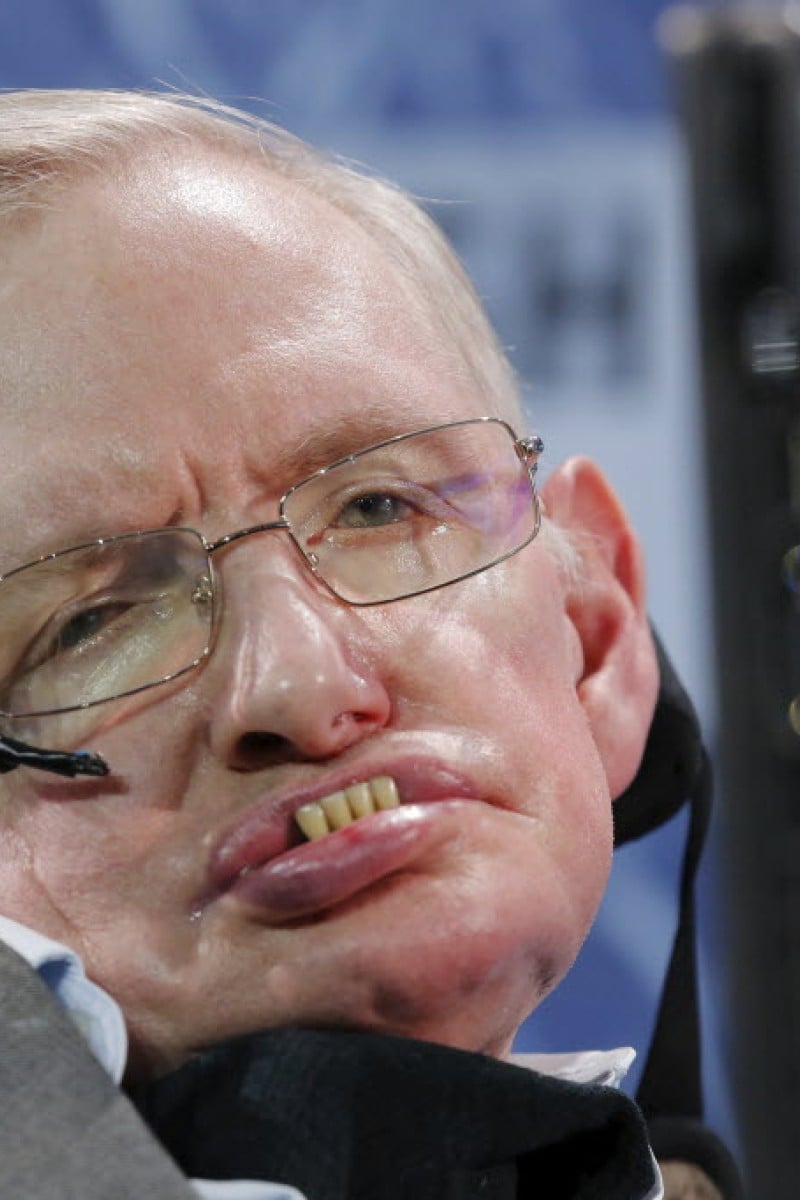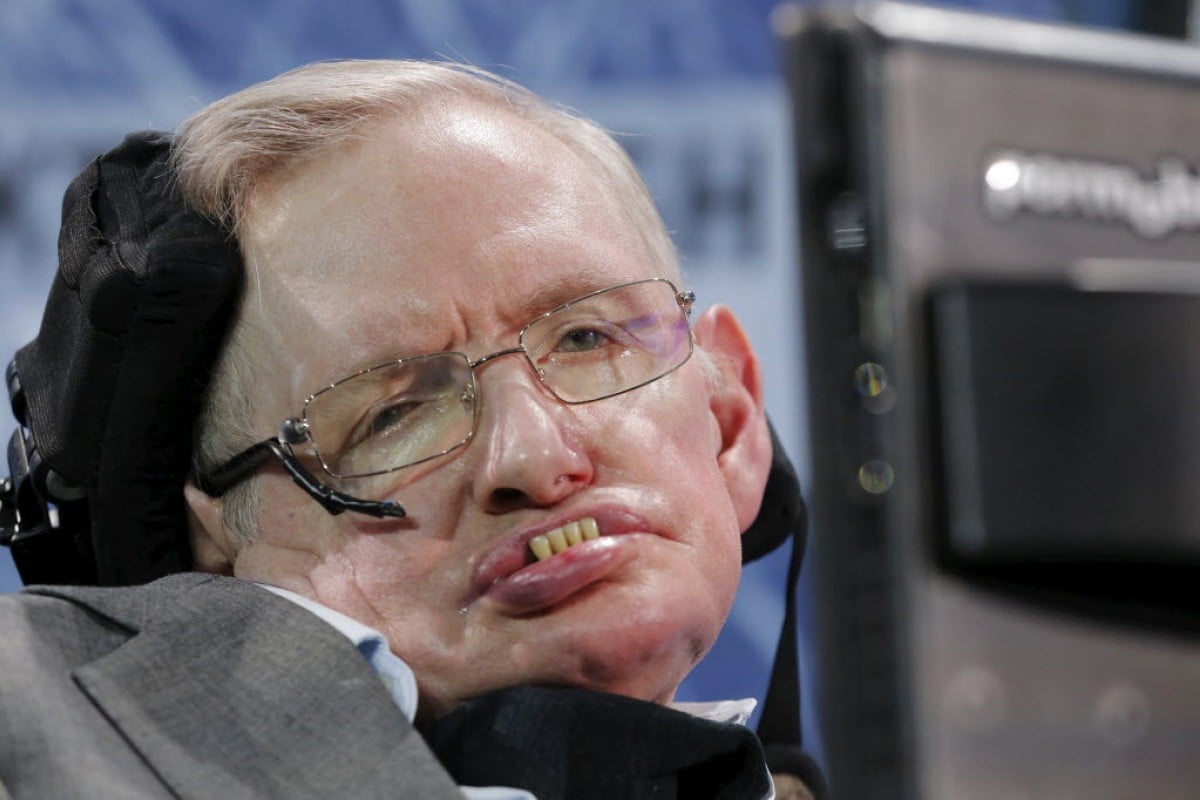
10 facts about Stephen Hawking you didn't know that may surprise you
As the sad news of his death spreads around the world, we look at some little known facts about his life, work and legacy
 Stephen Hawking had a remarkable life, and overcame all challenges presented to him.
Stephen Hawking had a remarkable life, and overcame all challenges presented to him. Even if you weren’t a science fan, or didn’t keep an eye on breakthrough developments in physics, you have heard – at some point in your life – of Stephen Hawking.
Many knew of his cosmic brilliance; but only a few could comprehend it. Yet, the genius took immense pride in making complex physics theories accessible to the public and wrote a plethora of books, including A Brief History of Time.
Perhaps, most inspirationally, he overcame a debilitating disease, and became one of the most respected men in the world.
As the news of his death spreads around the world, we look at some little known facts about his life, work and legacy.
He wasn’t the brightest student in school
Despite being known for having a brilliant mind, at age nine, Hawking’s grades ranked amongst the worst in his class. With a little more work, he brought them up eventually.
He doesn’t like biology
For all his interest in science, Hawking didn’t care for biology. In Stephen Hawking: A Biography by Kristine Larsen, he is quoted as saying that he found it to be “too descriptive and inexact.” Physics, on the other hand, was more precise and well-defined.
He was given a few years to live at the age of 21
While studying at the University of Oxford, Hawking started showing symptoms of ALS. After pressure from his family, he visited a specialist, who diagnosed him with Lou Gherig’s disease, and told him that he would only have a few years to live.
Instrumental in creating the Boundless Universe Theory
One of Hawking’s major achievements was to come up with a theory to explain that the universe has no boundaries. In 1983, he and James Hartle, combined the concept of quantum mechanics with general relativity, to show that the universe is a contained entity and has no boundaries.
He almost died in 1985
In Geneva, Hawking almost died after contracting pneumonia. While he was unconscious and hooked to a ventilator, the option of removing him from life support was considered, which his then-wife, Jane, objected to. He underwent a tracheotomy instead, permanently taking away his ability to speak, prompting the creation of his famous speech synthesiser.
His speech synthesiser has an American accent
The original synthesiser was built by a Californian-based company. A speech programme was mounted on his wheelchair, enabling him to “speak” by using a hand clicker to choose words on a screen. After he lost movement in his arms as well, Hawking used an infrared switch mounted on his glasses that generated words by detecting cheek movement. His now world-famous American voice has remained the same through all upgrades of the machine.
He has appeared on TV many times
Hawking has made guest appearances in a 1993 episode of Star Trek: The Next Generation; and has also lent his voice to The Simpsons, Futurama and The Big Bang Theory.
He is a children’s book author
In 2007, Hawking published a children’s book, George’s Secret Key to the Universe, with his daughter, Lucy, seeking to explain the workings of the solar system, asteroids, his pet subject of black holes and other celestial bodies.
He believes in the possibility of aliens
During NASA's 50th anniversary celebration in 2008, Hawking was invited to speak, and he mentioned his thoughts on the subject.
He went on the say that humans should be wary of exposure to aliens because alien life will probably not be DNA-based, and we would not have resistance to their diseases.
His life has been made into a movie
The love story between Hawking and his wife, Jane Wilde, was retold in the 2014 film The Theory of Everything, which won Eddie Redmayne an accolade for best actor at the Oscars for his portrayal of the scientist.
The Oscar triumph was celebrated by Hawking, who reportedly said there were moments watching the film when he thought he was watching himself.
